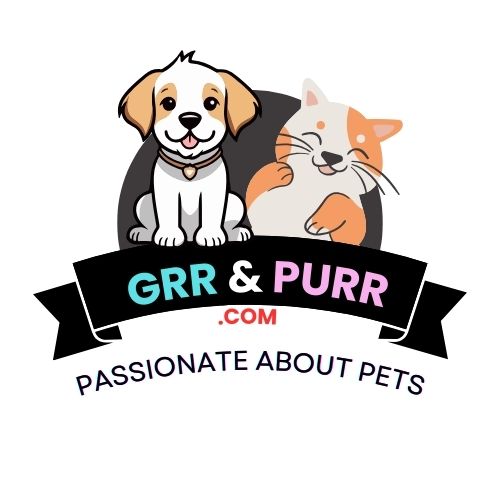Dogs are notorious for their quirky behaviors, and one of the most perplexing habits is butt licking. While many dog owners might chuckle at the sight of their furry friend engaging in this seemingly odd act, it can actually be a sign of underlying health issues—most often relating to the dog’s anal glands. By delving deeper into why dogs lick their rears, you’ll be better equipped to recognize when it’s just a quirky moment or a warning sign that something might be wrong.
It’s More Than Just Hygiene
At first glance, butt licking might appear to be a basic grooming practice, as dogs naturally keep their bodies clean. However, the truth is far more complicated. Dogs have two anal glands located just inside their rectum, which secrete a strong-smelling fluid that helps with marking territory and personal identification. This behavior is instinctual, but when it becomes excessive, it can indicate a range of problems that dog owners should be well aware of.
Chronic licking can often stem from anal gland issues, which can include impaction, infection, or even abscesses. These glands can become blocked for various reasons, such as dietary factors or lack of regular bowel movements. It’s essential for dog owners to be vigilant and observe their pets’ habits. If you notice your dog licking its rear more than usual, it may be time to assess its health.
The Warning Signs to Watch For
So, how can you assess when your dog’s licking habits become a cause for concern? One of the most noticeable indicators is the behavior of scooting. If your dog is dragging its hindquarters across the floor, this could signify discomfort in the anal region. While occasional scooting could simply mean they have an itch or debris to remove, frequent scooting should not be overlooked.
Moreover, the intensity of licking is crucial to note. Dogs suffering from anal gland issues might seem almost obsessed, constantly returning to the task and making it difficult for their owners to distract them. If this behavior is consistent, it is wise to consult a veterinarian.
In addition to licking and scooting, dog owners may notice their pets displaying unusual behaviors, such as suddenly jumping up and looking back at their rear end. This startled response can suggest pain and discomfort, alerting owners to delve deeper into the situation.
The Importance of Smell
Another critical aspect of anal gland health is odor. Dogs’ anal glands release a particularly pungent fluid that is often mistaken for fecal matter but has a distinct, fishy smell. If your dog starts to emit a foul odor, particularly when not engaged in defecation, this can indicate a problem. The scent can stem from several sources, including infection or rupture of the glands, necessitating immediate veterinary care.
Dog owners should familiarize themselves with the distinct smells associated with healthy dogs as opposed to those signaling health issues. A sudden or unusual odor can be an important red flag, indicating potential anal sac disease or infections that need prompt attention.
Seek Professional Guidance
It’s crucial for dog owners to resist the urge to handle anal gland issues themselves. Attempting at-home expressions when infected can worsen the situation by pushing material deeper into the tissues, leading to more pain and complications for the dog. Instead, develop a relationship with a trusted veterinarian who can safely address these symptoms and provide the necessary care, preventing further discomfort for your furry friend.
Veterinarians have effective treatment options for anal gland problems, ranging from expressing the glands to more invasive options if necessary. It is their expertise that ensures that your dog can return to its normal playful self without ongoing discomfort or risk of infection.
Understanding why your dog licks its butt is essential for maintaining its health and well-being. Remaining observant and proactive will help ensure that any potential issues are tackled before they escalate, fostering a better quality of life for your four-legged friend. By prioritizing their health, you not only enhance their quality of life but also solidify your bond as a vigilant and caring pet owner.

